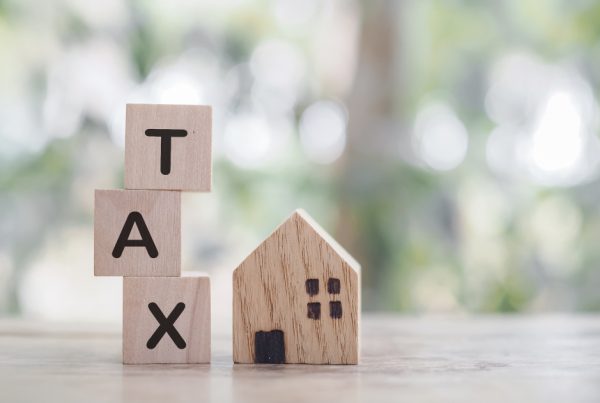Selling a property in Spain is not always straightforward. Whether you wish to sell because you no longer use the house, due to changes in your personal circumstances, or simply to recover an investment, the truth is that many owners are unsure about the correct procedure to follow.
A property sale in Spain involves legal, financial, and administrative steps that must be handled carefully. The process also changes depending on whether you sell privately or through a real estate agency. In both cases, professional guidance is key to ensuring that the sale goes through with maximum security and without unexpected problems.
Below, we explain the essential steps to sell your house in Spain safely.
Step 1: Make sure your property is legally in order
Before putting your house on the market, it is crucial to check that everything is correct at the Land Registry in Spain and that no outstanding debts or charges exist.
Key aspects to review:
- Correct registration: The property must appear in the seller’s name. If not, the original deed must be located and properly recorded.
- Inheritance cases: If the property was inherited, the inheritance procedure must be completed so it can be sold legally.
- Outstanding charges: Check whether there are liens, mortgages, or unpaid community fees.
- If these belong to you (for example, your mortgage), they can usually be cancelled at the time of sale.
- If they belong to a previous owner (such as an uncancelled mortgage), you must resolve this at the Land Registry before selling.
- Property description: The details in the Land Registry, Cadastre, and the actual property must match—particularly important for villas, rustic land, or houses with extensions.
Step 2: Have you made renovations or extensions?
If you have carried out building works—like adding a swimming pool, garage, or storage room—these must be legally registered before selling the property.
This requires either:
- A Deed of Declaration of New Construction (with the corresponding permits), or
- A Declaration of New Construction by age if works were done without permits but enough time has passed to legalise them.
Ensuring these updates are included avoids delays or complications during the sale.
Step 3: Decide how to sell – privately or through an agency
When selling your property in Spain, you can either:
- Sell privately: This means advertising the property, arranging visits with buyers, and handling the paperwork yourself. In this case, hiring a real estate lawyer in Spain is strongly recommended to manage contracts and legal requirements—especially if you do not live in Spain full-time.
- Use a real estate agency: Many owners prefer this option, as agencies take care of marketing, negotiations, and part of the administration. However, it is important to sign a clear sales mandate covering minimum sale price, commission fees, exclusivity clauses, and duration of the agreement.
Important!!! Even if you hire an agency, you will still need a lawyer to supervise contracts and guarantee that the property sale in Spain is legally safe.
Step 4: Rely on professional support
A property sale is not just about finding a buyer; it is also about making sure every document and procedure is legally compliant.
At MAM Solicitors, we have over 30 years of experience assisting international clients with the buying and selling of property in Spain, ensuring the process is smooth, transparent, and secure.
If you are planning to sell your house in Spain and want peace of mind, our team of specialised property lawyers can help.
Contact us today and let us handle the legal and administrative steps so you can sell your property with full security and guarantees.






